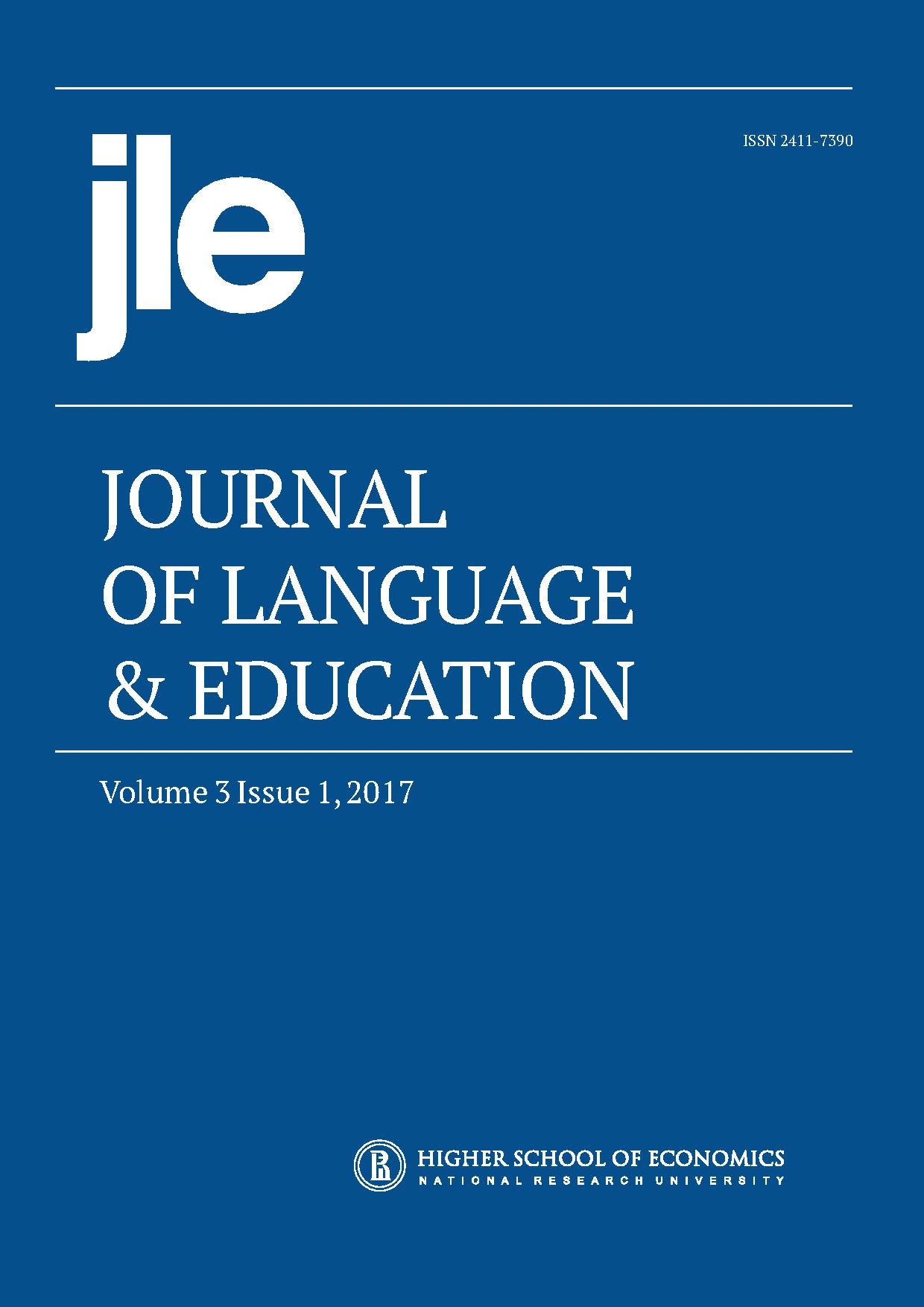Comparative Study of English and Russian Phraseology: Component Theory of Identity and Difference of the Seme Organization
Keywords:
comparative research, semantic equivalents, semantic analogues, interlingual phraseological compliances, semantic structure, component theory
Abstract
This research is aimed at comparative study of English and Russian phraseology and semasiology. It provides new scientific approach to the solution of one of the most complex problems of comparative study of the phraseological material of different languages on the semantic level. This work is of great importance as it helps to define similarities and distinctions in the language picture of the world and reveal the peculiarities of different languages. It also allows to investigate ways of reflection of reality into language which gives the chance to study language picture of the world.Our research suggests that component analysis method, based on the criteria of identity and difference of seme organization of phraseological units, provides a more complex and in-depth analysis of the description of the semantic structure of phraseological meaning in English and Russian. Over 1750 phraseological units have been analysed from monolingual and bilingual phraseological dictionaries, English and Russian explanatory dictionaries to describe the structure of English and Russian phraseological units, identify stable semantic correlations between them. We further reveal three types of interlingual phraseological compliances / non-compliances: semantic equivalents, semantic analogues and partial semantic analogues. The results show strongly expressed quantitative prevalence of semantic analogues over semantic equivalents. The quantity of semantic analogues exceeds the quantity of semantic equivalents by 0.5%, which can be explained by the peculiarities of the development of the two remotely related languages. Our further study could address the comparative investigation of ways of the translation of phraseological units with no direct equivalents (culture-specific vocabulary) in other languages, which would enable translators to provide the interpretation which is more or less adequate and close to the original meaning.Downloads
Download data is not yet available.
Published
2017-03-01
How to Cite
IlyushchenkoN. (2017). Comparative Study of English and Russian Phraseology: Component Theory of Identity and Difference of the Seme Organization. Journal of Language and Education, 3(1), 75-84. https://doi.org/10.17323/2411-7390-2017-3-1-75-84
Section
Research Papers
Authors who publish with this journal agree to the Copyright Notice.



